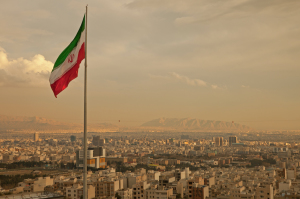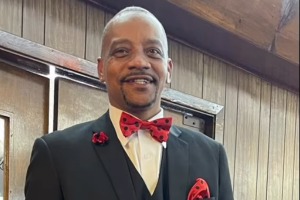Canadian Catholic School Being Pressured to Teach All Religions Are Equal
The Canadian Supreme Court is set to decide whether teachers at private religious schools in the province of Quebec will be allowed to share their faith with students, in a case concerning a Catholic high school that is being forced to teach students in an ethics and religious course that all religions are the same.
"It is the same thought process that has been the genesis for prohibitions on blasphemy in other jurisdictions. The whole idea behind blasphemy laws in some parts of the world is that you don't want to offend different religions, and so what they (the Quebec government) do is argue that they promote tolerance and understanding, but rather they want to control what is said," Gerald Chipeur, Q.C., of the Canadian firm Miller Thompson LLP, told The Christian Post in a phone interview on Wednesday.
Chipeur is one of 2,300 attorneys allied with Alliance Defending Freedom, a nonprofit legal organization that filed a brief on Monday with the Canadian Supreme Court in defense of Loyola High School, the Jesuit Roman Catholic school in question.
The Catholic high school has argued that it does not object to teaching the 2008 government-mandated ethics and religion course, which is required to be taught in all private and public schools, but asked to be allowed to teach the course in good conscience. The problem they found with the course was that it insisted that all religions, including Wicca and pagan rites, are equally valid. The government has also prohibited teachers from expressing preference for any one faith.
"The protection of religion is a laudable objective, if done right," the brief states. "Unfortunately for Loyola, it was done wrong in this case and has led to limits on the religious speech of Loyola staff and students simply because the speech is religious."
ADF Senior Counsel Brett Harvey added in a statement that "the government should not require a Catholic school to tell its students that the Catholic faith is no more valid than a myriad of conflicting faith traditions."
"All faith-based institutions must be free to speak and act consistently with their faith," Harvey maintained.
The brief also argues that Canada's diversity is partly reflected in the multiple religious organizations represented in its society, and that the diversity of those views needs to be respected.
In his interview with CP, Chipeur said that much like blasphemy laws around the world, teachers are prosecuted for offending the religious sensibility of the governing party.
Polls, such as a 2011 National Household Survey, show that two-thirds, or over 67 percent of Canada's population, identify as Christians, while 23.9 percent profess no religious affiliation.
Despite this, the attorney argued that Quebec's governing party has adopted a "very atheistic approach, very antagonistic to all private religious schools.
"They are against all religions; they are not just choosing one, they are against all religious practices," he added.
Chipeur clarified that this prohibition applies only to the province of Quebec, and that there is no similar prohibition in the United States with respect to private religious schools.



























